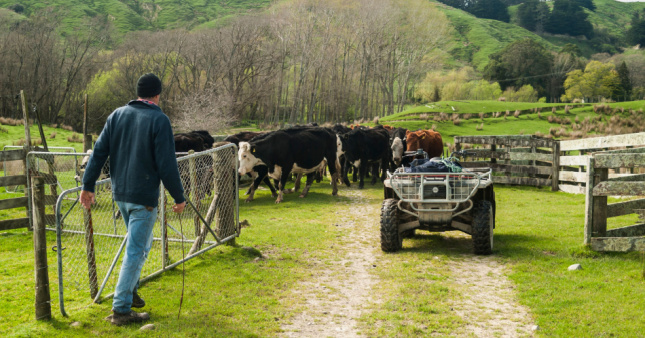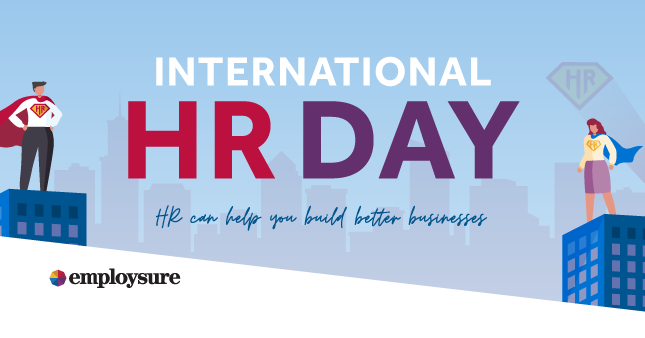
Agricultural businesses in New Zealand are currently experiencing one of the highest labour shortages in its history. Farmers, business owners, and growers are dealing with a range of issues that are being felt nationwide with multiple crop losses and recent floodings. These issues and the additional strain on expenses are forcing employers to step back and evaluate next steps. There has never been a better time for employers to be well informed and aware of their obligations when it comes to managing and paying their staff.
New Zealand’s leading employment relations and health and safety at work specialists, Employsure New Zealand have released resources for agricultural business owners. Having represented over 6,000 businesses, Employsure have used their experience and knowledge to create tailored and effective resources for small business owners who find themselves unsure of their responsibilities.
Employsure New Zealand’s Operations Manager, Laurence McLean has commented on the importance of employer obligations.
Mr McLean commented, [1]“With New Zealand doubling its working holiday intake and offering a fast-tracked path to permanency for temporary migrant workers, it is vital for employers to be knowledgeable on how to manage their staff from all walks of life including vulnerable workers such as backpackers and migrants many of whom do not fully understand their rights as employees. Where there is no rigorous record keeping process; a business exposes themselves to potential risks which could lead to a ripple effect across the sector. A non-compliant business, who is found to be breaching minimum employment standards, could also be prohibited from hiring migrant employees in the future.”
Whether employers are dealing with trying to train employees in health and safety at work, or practicing efficient record keeping, Employsure New Zealand has compiled excellent resources designed to support business owners.
Mr McLean continued: “For many employers, not being prepared to deal with the effects of labour shortages, rising costs, and minimum wage increases, could mean the difference between staying open or closing their doors. A lot of what our resources focus on is understanding and managing staff as well as risk mitigation by ensuring health and safety practices at work are up to industry expectations.
[1] Changes to Working Holiday Scheme visas announced | Immigration New Zealand



